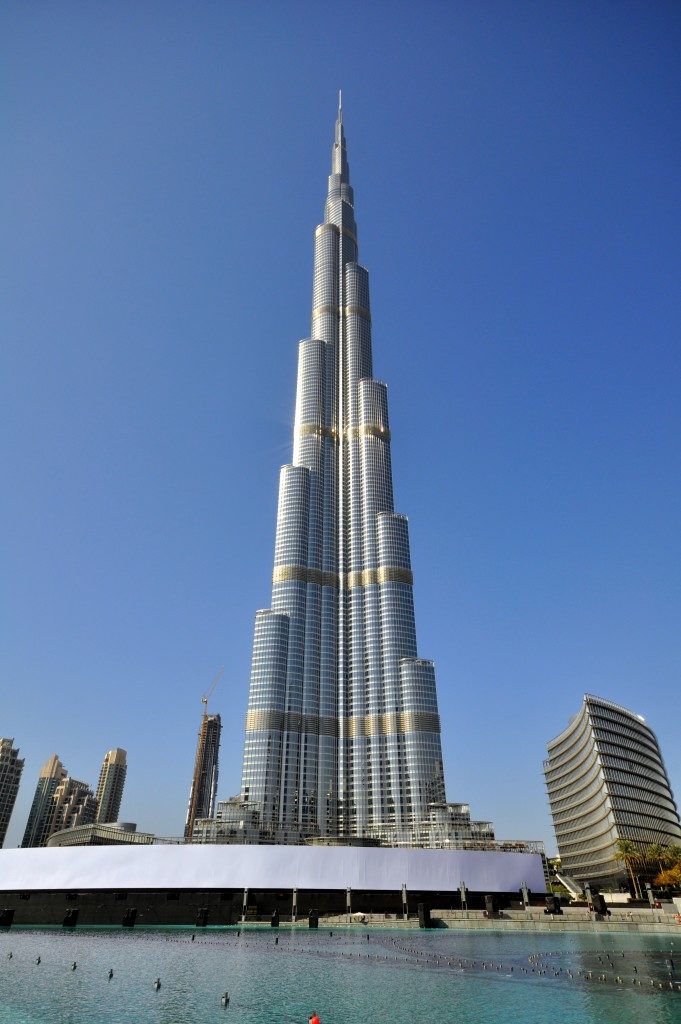As much as you want, there’s nothing you can do to prevent wind, rain, and heat from affecting your commercial property. While these elements are significant in people’s lives, they could damage properties as small as single-family units and as big as high-rise buildings. Since you cannot control these elements, the only thing you can do is to lessen the impact to you or your property, especially if it’s a commercial building.
Finance-wise, you can secure commercial property insurance for yourself, mainly if your building or retail space is in a high-risk area. But there’s also another way: protect the building itself. You’re not only making sure elements don’t compromise your building’s structural integrity, but you’re also making sure to avoid repairs and continue your operations as usual.
Here are some ways to safeguard your building from the elements:
Rain
From minor things like bubbling or peeling paint to major damage like corrosion due to seepage and leakage, rainwater can have a significant, devastating impact on your building. When corrosion is severe, for example, it can lead to structural collapse. Stagnant water on the roof can also leak through cracks and joints, which may cause interior damage.
Perform a regular inspection to look for foundation problems and significant cracks. Rainscreen cladding with honeycomb panels, for instance, also contributes to vapor control. Rainscreens are double-layered construction materials attached to a building’s exterior walls. The outer layer keeps rainwater out, while the inner layer helps improve thermal insulation. Other weather-resistant barriers like flashing, can also help prevent water penetration in windows, gutters, and roofs.
Wind

Strong winds can create a suction and pull windows, roofs, and other attached exterior surfaces off the building. Keep your building safe and intact even during strong winds through secured roof sheathing or wind impact-resistant roof shingles. Winds also tend to carry debris that could break windows and glasses. For this, you can opt for shatter-resistant windows.
The entire building should be well-sealed, as well, so wind cannot get into crevices and cause interior damage. Outdoor fixtures like lamps, heating, ventilation, and air conditioning (HVAC) units, and signposts should be securely anchored.
Heat
Is your building located in an urban heat island? Then, you should invest in heat-reducing materials and practices. Overheating can damage electrical components and ignite fire and explosion. The Environmental Protection Agency recommends the establishment of cool pavements to manage the UHI effect. Through the use of asphalt, concrete, coatings, and grass pavings can create cool pavements. Building owners can also install window films or internal shutters on glasses to reflect heat from outdoors.
For properties under construction, dense materials like stone can help improve decrement delay or duration of heat transfer through building elements, like roofs or walls, which usually takes eight to 12 hours. Due to the natural density of stone materials, they tend to absorb, transfer, and release heat more slowly, compared to aluminum.
Mold
Apart from triggering allergies and asthma attacks among building occupants, mold affects the building’s structural integrity. It can cause wood beam rotting and drywall deterioration. To combat mold, you should first know how it develops. Indoor mold development is due to surface moisture and spread by wind or HVAC units.
To get rid of mold in your building, fix all leaks that could harbor water and moisture and route water away from your building through efficient drainage. It’s also important to perform regular HVAC maintenance to control the spread of mold spores.
Repairs aren’t the only expenses you would worry about if these elements damage your building. You will also lose profits from possible business interruptions. To make sure it’s business as usual, invest in protecting your building from damage that natural elements can cause. After all, protecting your property is one way to look after your entire business.

